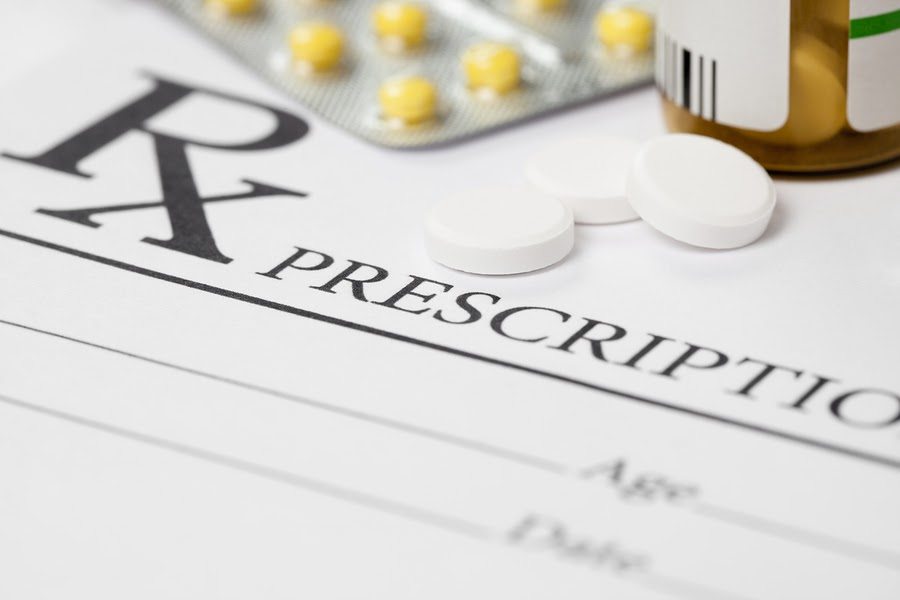Risperdal is the brand name for risperidone, a prescription antipsychotic medication for patients diagnosed with schizophrenia, autism, or bipolar disorder. While Risperdal can be effective, it can also produce undesirable effects, including gynecomastia, a condition in which hormonal imbalances cause male breast tissue to swell. While not physically dangerous, the swollen tissue can feel painful and sensitive in addition to causing significant anxiety and embarrassment, and many patients require corrective surgery. Over the past several years, with a surge in 2016, thousands of men and boys have filed lawsuits against Risperdal’s manufacturer, Johnson & Johnson, alleging the company failed to warn patients of a known gynecomastia risk. If you or your son developed gynecomastia after being prescribed Risperdal, you should talk to a Philadelphia product liability lawyer about getting compensated through a settlement.

In February 2015, a Philadelphia jury awarded $2.5 million in damages to a 20-year-old plaintiff who alleged Risperdal, which he began using at age eight to manage the symptoms of autism, caused him to develop gynecomastia. However, the jury did not award any damages in a similar case heard one month later, citing insufficient evidence that the plaintiff’s gynecomastia was caused by Risperdal use.
Later that year, in November and December 2015, a pair of additional “bellwether” cases – representative cases designed to give plaintiffs and defendants a clearer indication of how mass tort cases, which can involve thousands of lawsuits, are likely to unfold – produced two additional awards for plaintiffs: $1.75 million in the November 2015 case (a verdict which was later reduced to $680,000), and $500,000 in the December 2015 case.
In July 2016, a jury awarded $70 million – the largest verdict to emerge from the case so far – to a teenage plaintiff who began taking Risperdal at age five.
Risperdal manufacturer Janssen Pharmaceuticals, a subsidiary of Johnson & Johnson, is attempting to stem the rising tide of Risperdal lawsuits by creating more stringent legal requirements for plaintiffs. On February 24, The Legal Intelligencer reported that Janssen is seeking to establish a new rule under which plaintiffs would “have to include prescription records and documentation of a Risperdal-related injury in their plaintiff fact sheets.”
A Janssen memo filed February 22 called the documentation requirement “appropriate, indeed essential,” citing a substantial 39% increase in the number of Risperdal cases filed during 2016: phrased another way, 550 additional cases. However, plaintiffs have disputed the need to grant Janssen’s request, with one attorney calling the move an “attempt to rewrite the rules of the litigation.”
One fact is certain: the state of Pennsylvania has played, and will continue to play, a key role in national Risperdal litigation. Out of approximately 15,400 Risperdal claims filed as of November 2016, roughly 2,000 – nearly 13% – are pending here in Philadelphia.
Plaintiffs allege that Risperdal causes gynecomastia by stimulating the pituitary gland, which regulates hormones, to produce abnormal amounts of prolactin, a hormone associated with lactation and breast development in females. Medical research has linked risperidone use to increased prolactin levels.
For example, a 2013 article published in The Primary Care Companion for CNS Disorders described an account of a 29-year-old patient whose prolactin levels increased while using risperidone. In the case study, “Risperidone… 25 mg intramuscularly… and oral risperidone 1 mg… were started. [The patient] responded to treatment and continued on this regimen; however, prolactin levels were elevated (21.9 ng/mL; reference, 2–14 ng/mL) 3 months later. Oral risperidone was discontinued, but intramuscular risperidone was continued; about 10 months later, prolactin levels were higher.” The study added that two months later, the patient reported “left breast tenderness and redness.”

Gynecomastia is an extremely stressful and embarrassing condition for men and boys, many of whom require costly, risky surgery in order to remove the excess breast tissue. Gynecomastia victims in Pennsylvania should know about their legal options.
If you or your son developed gynecomastia after being prescribed Risperdal for bipolar disorder, schizophrenia, or autism, financial compensation may be available for the resulting pain and suffering, mental anguish, surgical costs, and other medical expenses resulting from the Risperdal-related growth of male breast tissue. The manufacturers of defective prescription drugs may be liable for injury victims’ current and anticipated medical bills.
To learn more about getting compensated for gynecomastia resulting from the use of Risperdal medication, contact the Wieand Law Firm at (888) 789-3161 to speak with an experienced Philadelphia defective drug lawyer in a free, friendly, and no-obligation consultation.
*Disclaimer: This article is for informational purposes. It is not legal advice and should not be used as legal advice. The Wieand Law Firm, LLC is based in Philadelphia, PA, and proud to serve clients throughout Pennsylvania and New Jersey.*